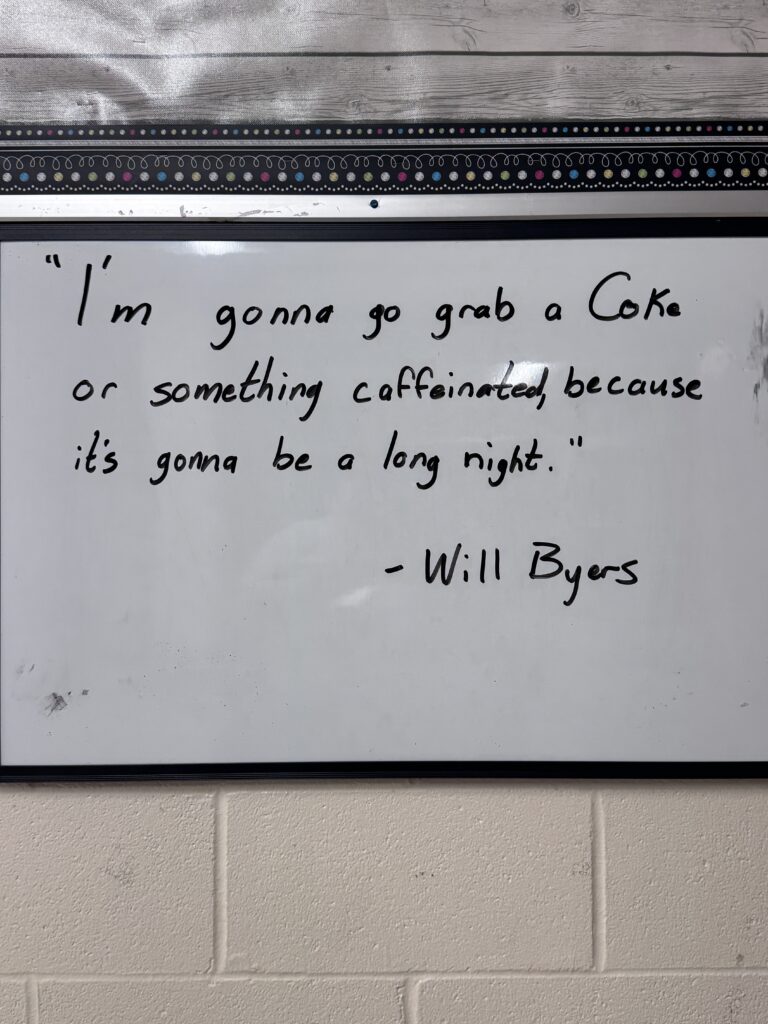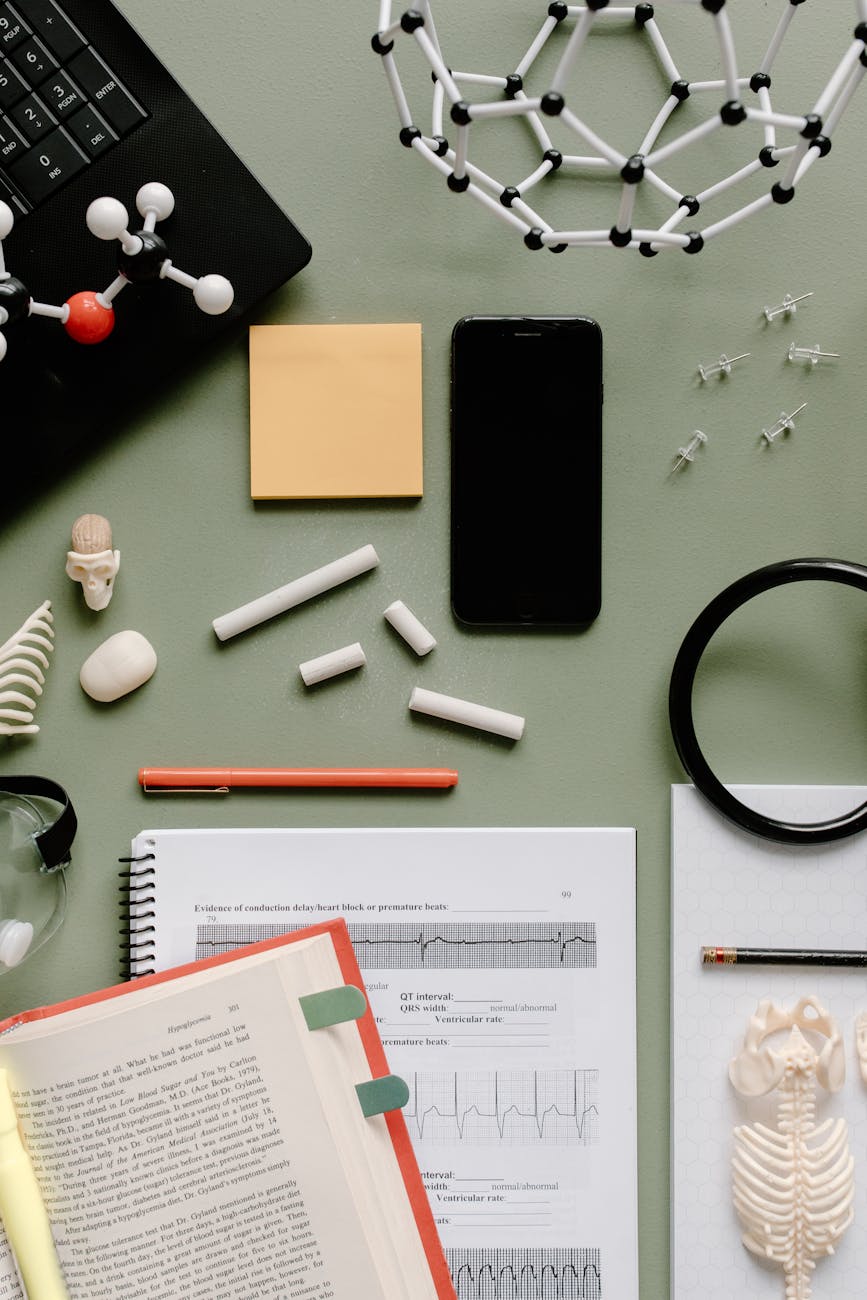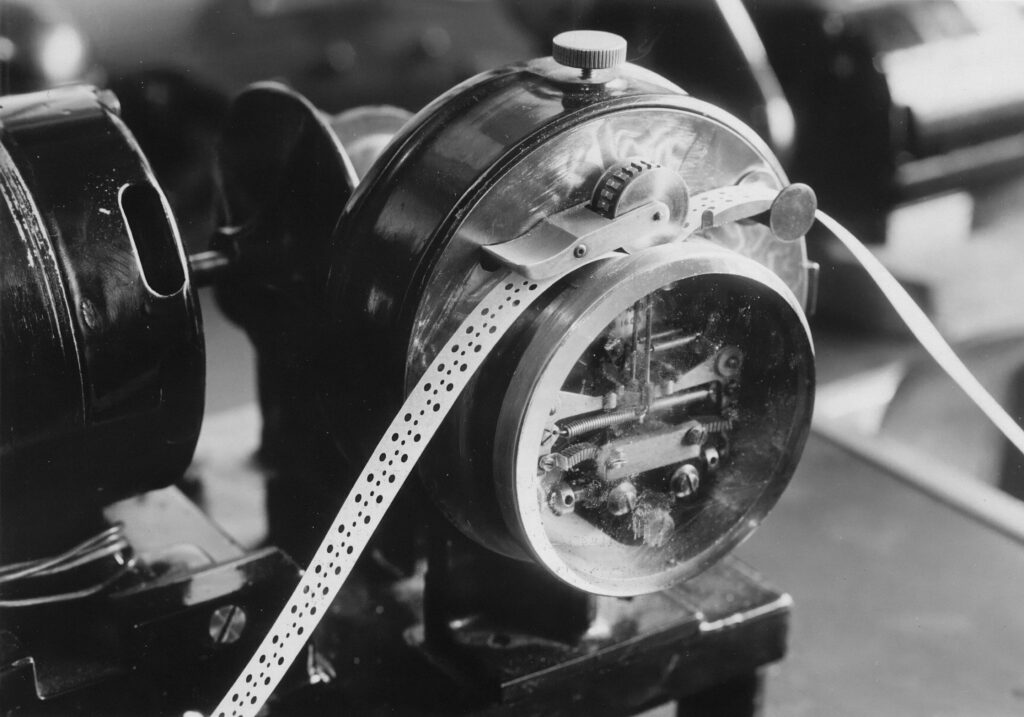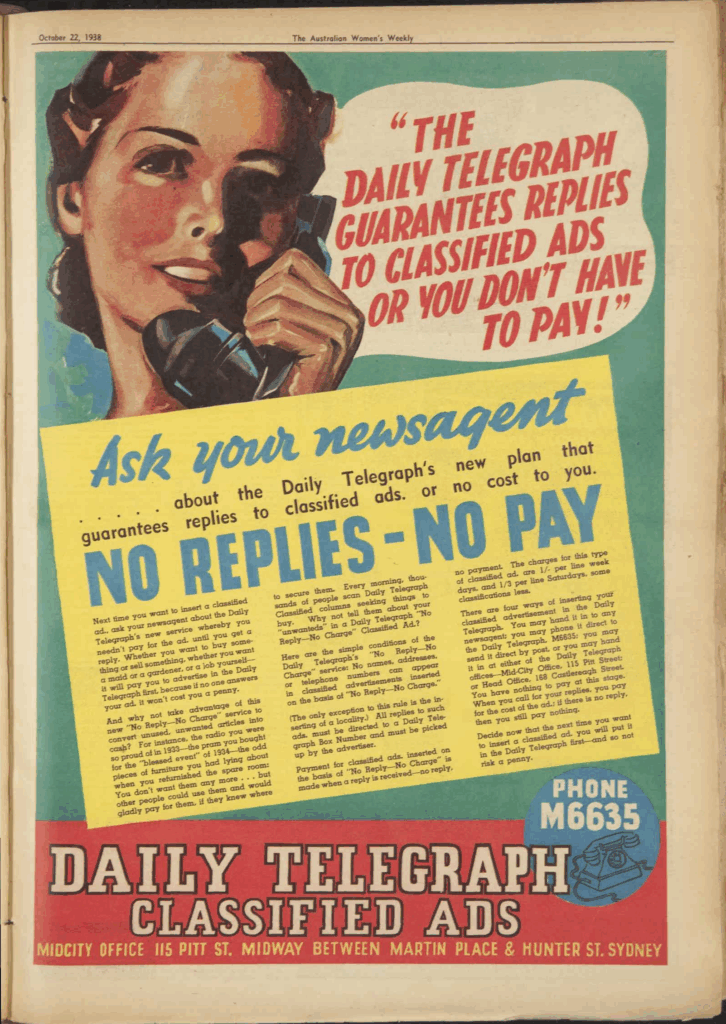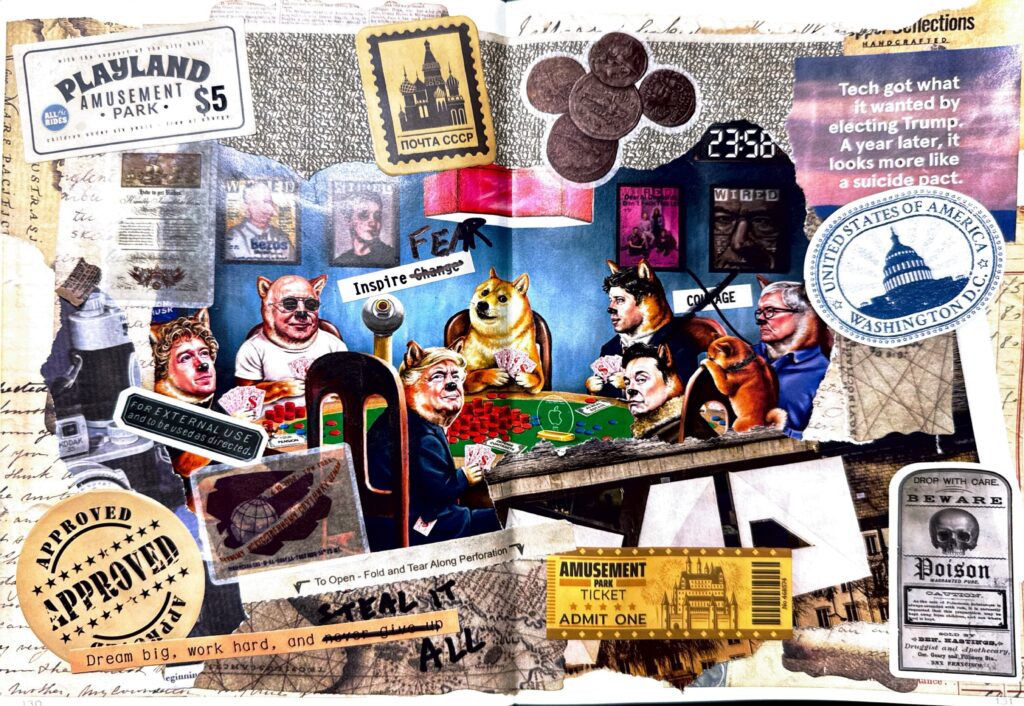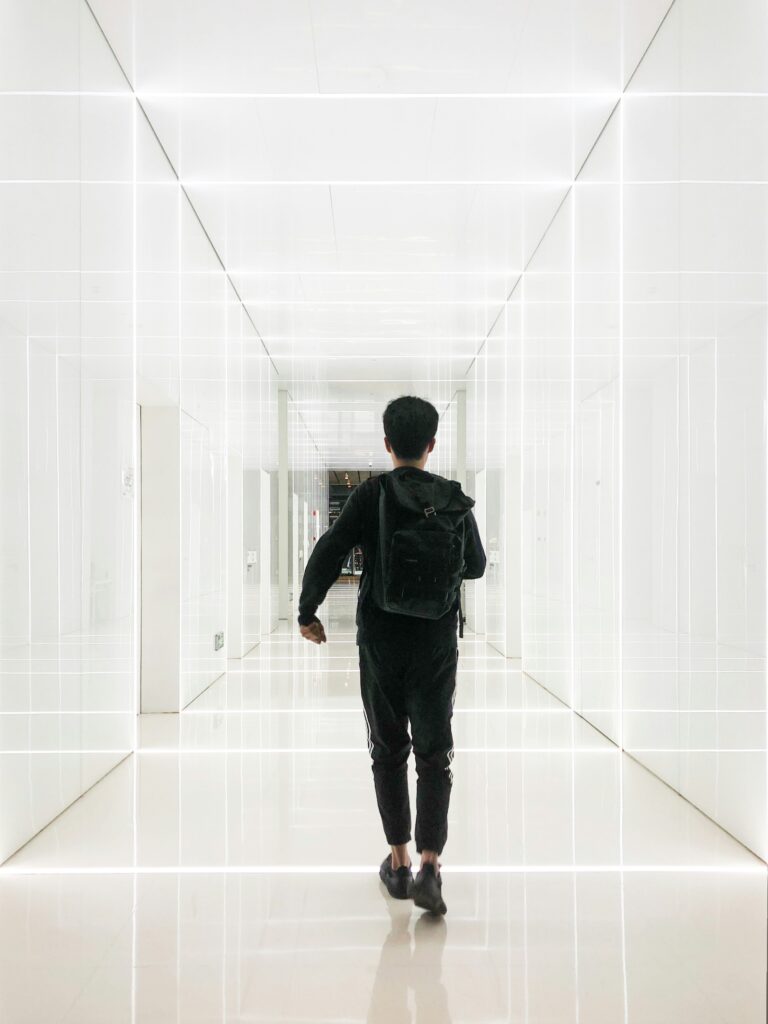For years, we’ve treated engagement like something teachers should be able to manufacture on demand.
If students aren’t engaged, the assumption is often that the lesson wasn’t exciting enough, interactive enough, or energetic enough. So we add activities. We add movement. We add tools. We add noise.
And then we’re surprised when it still doesn’t work.
Here’s the hard truth I’ve learned as an instructional coach:
Engagement isn’t something you plan for. It’s something you earn.
Why Planning for Engagement Often Backfires
When engagement becomes the primary goal of lesson planning, we usually end up designing around surface-level behaviors:
- Are students busy?
- Are they moving?
- Are they talking?
- Are they smiling?
But none of those things guarantees learning.
In fact, classrooms can look highly engaged while very little meaningful thinking is happening. Students comply. They complete. They perform school.
And teachers feel frustrated because they did everything “right.”
What the Research Actually Tells Us
Research connected to the Science of Learning and Development (SoLD) consistently points to the same conclusion:
Engagement follows meaning.
Students are more likely to engage when:
- The task feels relevant to their lives or the world around them
- They have some sense of ownership or choice
- The thinking required actually matters
When those conditions are present, engagement emerges naturally. When they’re missing, no amount of energy can save the lesson.
This is why gimmicks don’t scale—and why they exhaust teachers.
Shifting the Planning Question
Instead of starting with:
“How do I make this engaging?”
Try starting with:
“Why would this matter to a student?”
That single question forces a different kind of design thinking:
- What problem is being explored?
- What decisions are students being asked to make?
- Who or what is this work for?
- Where does student thinking actually show up?
When lessons are built around those questions, engagement becomes a byproduct—not a burden.
What This Means for Teachers
This shift doesn’t require abandoning structure, rigor, or content. It requires recentering the work on meaningful thinking rather than performance.
It also reduces burnout.
When students carry more cognitive load, teachers don’t have to bring all the energy. The work itself does more of the heavy lifting.
That’s not about doing less—it’s about doing different.
A Coaching Note from the Field
When teachers tell me, “My students just aren’t engaged,” my response is rarely about strategies.
It’s usually about the task.
Fix the task, and engagement often surprises you.
If this way of thinking resonates, I write a short weekly newsletter for teachers and instructional leaders focused on authentic learning, instructional coaching, and designing school in ways that actually work.
No spam. No gimmicks. Just clear thinking from the field.
